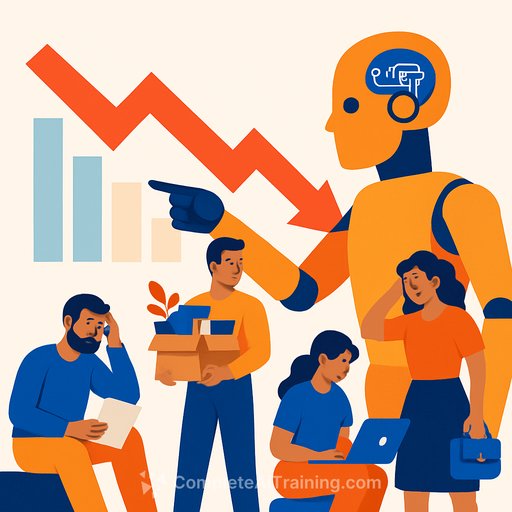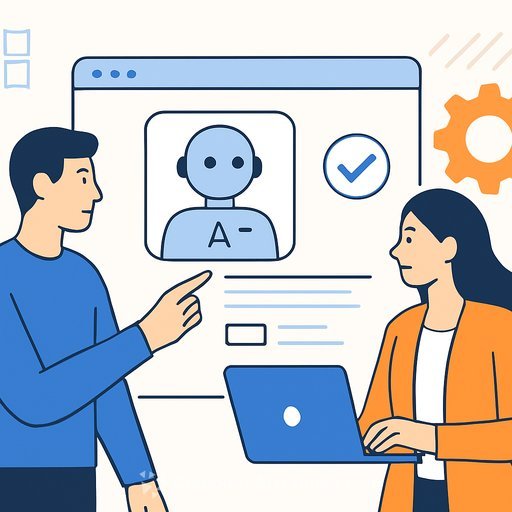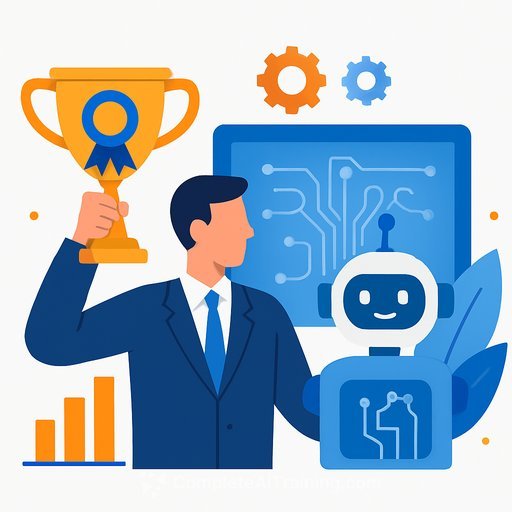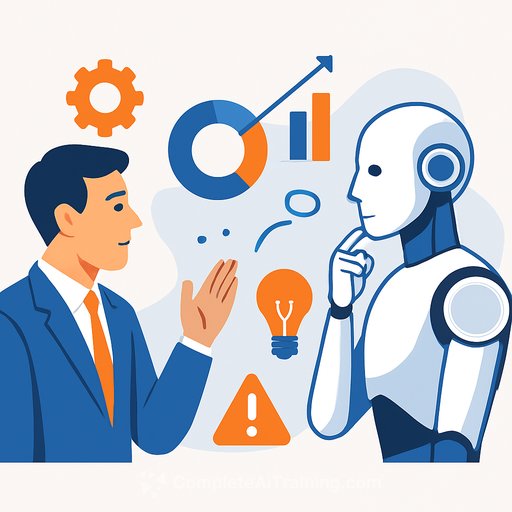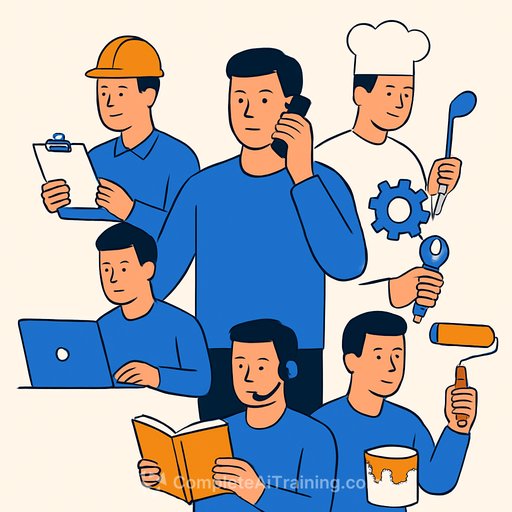The Accelerating Pace of AI-Driven Layoffs
In the first half of 2025, the tech sector faced an unprecedented wave of job cuts, with artificial intelligence at the center of this shift. Data from Finalroundai shows nearly 78,000 positions eliminated this year, averaging about 491 layoffs daily. Major players like Microsoft, IBM, and Google openly link these reductions to AI integration, often wrapped in terms like “workforce optimization.” This isn’t an isolated event but a systemic change where AI automates routine tasks, especially in human resources, software engineering, and administrative roles.
IBM’s June 2025 layoff of 8,000 employees was directly related to AI taking over HR functions. Microsoft’s reduction of 6,000 workers highlighted a similar pivot towards AI-driven efficiencies. As CBS News reports, these AI-related job losses have contributed to a broader rise in unemployment, with automation playing a key role in the increasing layoffs across the U.S.
Entry-Level Roles Under Siege
For recent graduates and early-career professionals, the job market has tightened considerably. A World Economic Forum analysis from April 2025 warns that AI is reshaping career paths by removing entry-level roles, which traditionally served as stepping stones for growth. Positions in data entry, basic coding, and customer support are now often replaced by AI tools that perform these tasks faster and at lower cost.
Industry voices on X (formerly Twitter) predict that over 50% of entry-level knowledge worker roles may disappear within five years, echoing concerns from Anthropic’s CEO. This signals a growing consensus: AI isn’t just enhancing jobs—it’s removing key foundational roles. Bill Gates recently warned Gen Z that tech skills alone won’t guarantee security as automation targets these starter positions.
Corporate Strategies and Hidden Motivations
Behind the scenes, companies are restructuring not just to cut costs but to shift resources toward AI development. CNBC notes that terms like “reorganization” often mask the real impact of AI on layoffs. Many firms avoid fully acknowledging automation’s role to limit backlash.
Intel’s 529-position cut in Oregon, part of a larger 24,000-job reduction, is linked to AI-driven changes, according to Finalroundai’s mid-2025 update. Tata Consultancy Services (TCS) announced 12,000 job cuts, mainly in middle and senior management, citing AI efficiencies and economic pressures. Similar moves by Meta and Tesla have pushed tech layoffs to over 130,000 by July 2025.
July alone saw a 140% jump in U.S. job cuts to 62,075, with nearly half tied to AI and tech updates, heavily affecting tech and government sectors.
The Human Cost and Emerging Opportunities
The impact extends beyond numbers, affecting morale and innovation. Experienced workers—HR managers and engineers included—share stories on X about transitioning to gig work after AI automation displaced their roles. One veteran engineer summed it up: “AI is changing the game for everyone.”
Critics, including voices from OpenTools.ai, caution that focusing on short-term efficiency over human capital risks stifling creativity in an AI-driven future. Still, new opportunities are appearing. The Recruiterflow Blog highlights how AI is transforming recruitment, creating demand for specialists in AI ethics, data annotation, and system integration.
For entry-level job seekers, upskilling in AI literacy beyond basic tools is crucial, as Bill Gates emphasized. Companies like Scale AI are hiring for these specialized roles even as they downsize in other areas.
Broader Economic Implications for 2025
The ripple effects reshape the global job market. Fortune’s August 8, 2025 report shows over 10,000 job cuts directly linked to AI automation, alongside a 15% drop in entry-level roles for recent graduates. This decline worsens youth unemployment and adds pressure for policy action such as reskilling programs.
Internationally, the trend is similar. The World Economic Forum forecasts wider talent pools but at the expense of local job losses. In the U.S., with over 800,000 cuts since January, discussions on X focus on balancing AI’s efficiency gains with employment stability. One user noted, “Hiring is frozen, layoffs are rampant; companies want bleeding-edge AI talent.”
Adapting to the AI Job Shift
For HR professionals and company leaders, clear communication about AI plans is key to easing workforce concerns. Workers should focus on building skill portfolios that demonstrate AI collaboration and integration.
Finalroundai forecasts that by the end of 2025, AI could displace up to 300,000 jobs but also create new roles in emerging fields like AI governance. This year marks a turning point where AI’s benefits meet significant challenges. Organizations must ensure technological progress doesn’t leave entry-level workers behind, fostering a workforce that grows alongside innovation.
For those interested in enhancing AI skills relevant to HR and related fields, exploring specialized courses can be valuable. Training options are available at Complete AI Training - Courses by Job.
Your membership also unlocks:

